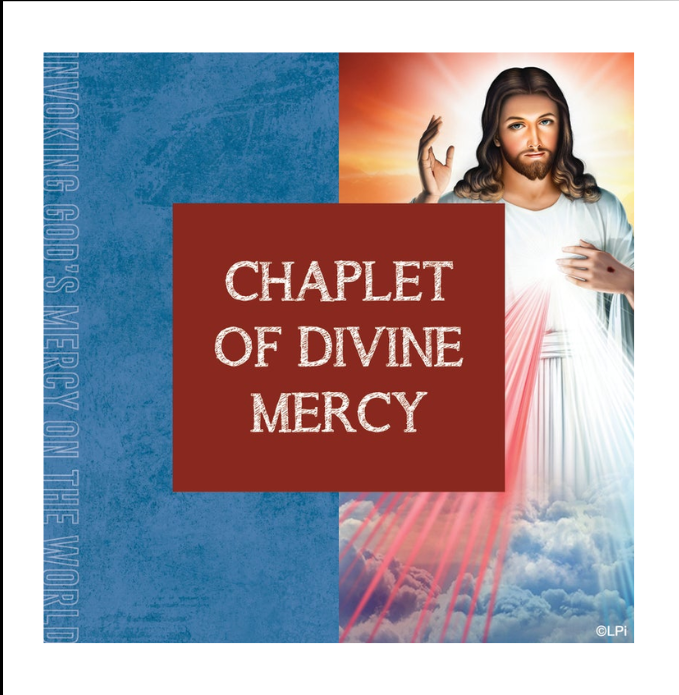DIVINE MERCY SUNDAY
The Second Sunday of Easter is celebrated as Divine Mercy Sunday. This feast is one of the newest and celebrated in the Church for twenty-three years. On Divine Mercy Sunday, April 30, 2000, Pope John Paul II canonized Saint Faustina Kowalska and dedicated the World to God’s Mercy. The same day, the Pope declared the Second Sunday of Easter as "Divine Mercy Sunday.”
Faustyna Kowalska was spiritually visited by Jesus and asked to become an apostle of God’s Mercy. She recorded the message of Mercy in her “diary.” The Diary of St. Faustyna Kowalska became very popular soon after its publishing in 1981.
Although the message of Divine Mercy was popularized by St. Faustyna the beginning of the 20th century, it originates from the Scriptures. In fact, God’s Mercy is at the center of the Gospel and one of the essential messages given to us by God.
The celebration of Divine Mercy Sunday is an opportunity to reflect on God’s Mercy in our time and situation.
In his Bull, Misericordiae Multus, introducing the Jubilee Year of Mercy (2015), Pope Francis calls Jesus Christ “the face of the Father’s mercy.” According to Pope Francis, Mercy does not mean forgiveness of sins and mistakes. It is rather about practicing the ‘works of mercy.’ Mercy means love in action. When we practice the ‘works of mercy,’ love in action, we continue the mission of Jesus and are called “the face of the Father’s mercy” as well. The Pope challenges us to go to the people to practice charity. As Christians we are not just called to pray and enjoy our relationship with God, we are called to be for others and practice mercy. “I desire mercy, not sacrifice” (Mt 9:13).
Let Divine Mercy Sunday be a good opportunity to reflect on God’s Mercy for us and practice it with others.
Let’s be “the face of the Father’s mercy” for those who are in need. Let’s make an effort and find those who need God’s mercy at St. Martin of Tours this Easter season.
“All grace flows from mercy, and the last hour abounds with mercy for us. Let no one doubt concerning the goodness of God; even if a person’s sins were as dark as night, God’s mercy is stronger than our misery.
One thing alone is necessary; that the sinner set ajar the door of his heart, be it ever so little, to let in a ray of God’s merciful grace, and then God will do the rest.” (The Diary of St. Maria Faustina Kowalska, 1507)










